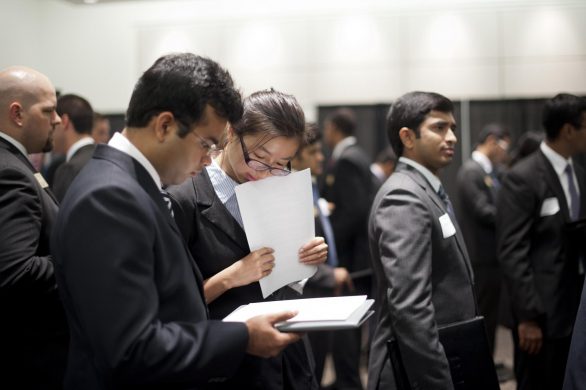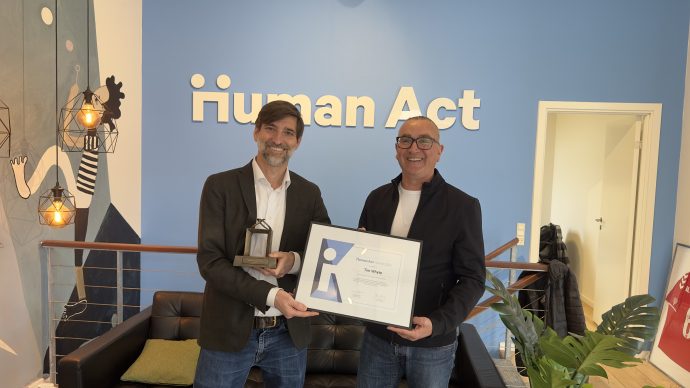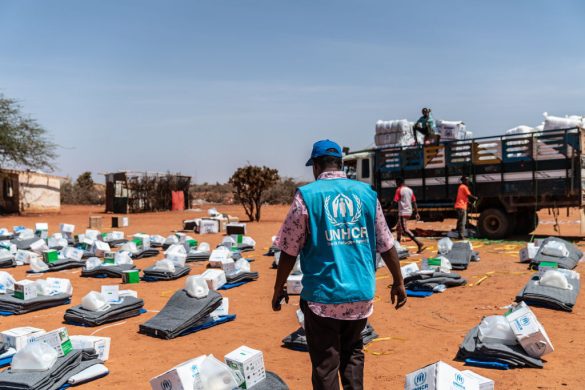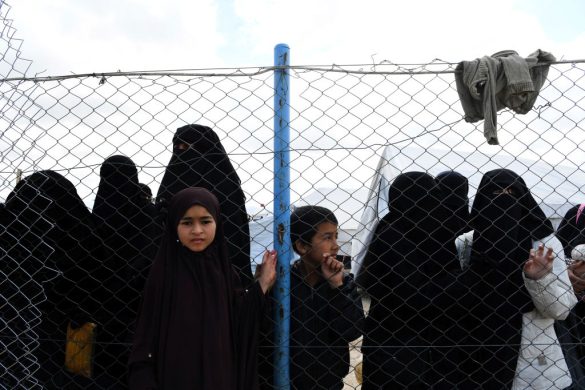(Davos, 23 January 2017) — The United Nations Global Compact and Principles for Responsible Management Education (PRME) called for systemic changes in business and management education today at a high-level dinner today in Davos, Switzerland. Over 40 academic leaders and corporate executives — including deans from top business schools and Chief Executives from leading businesses — gathered for the dinner, held on the sidelines of the World Economic Forum, to discuss gaps in today’s business and management education.
The call for change was directed at the world’s higher education institutions, with a view to accelerate progress on the 2030 Agenda for Sustainable Development and its Global Goals, and to sensitize future business leaders to values like sustainability and responsibility.
The dinner also served as the launch of the 2018-2019 cycle of the PRME Champions, a group of 38 higher education institutions that commit to a significant transformation in teaching, research, and partnerships aligned with the Global Goals. The PRME Champions are intended to work collaboratively on developing resources that would help other higher education institutions to integrate the Global Goals into operations.
Speaking to attendees, Lise Kingo, CEO & Executive Director of the UN Global Compact, said, “we at the UN Global Compact recognize this opportunity, and are committed to working together with you in business schools through PRME — on the global level as well as through our 76 Local Networks around the world — to guide and support you to achieve your sustainability objectives.”
“Business and management schools play a key role in shaping the skills and mindsets of future leaders, and can be powerful drivers of corporate sustainability,” Jonas Haertle, Head of PRME, said in comments during the dinner. “But in order to achieve the 2030 Agenda for Sustainable Development and the 17 Global Goals, today’s higher education institutions must change the way they teach about business, and more systematically incorporate values like sustainability, ethics and responsibility into their teaching, research, and campus leadership.”
PRME, an initiative of the UN Global Compact since 2007, also suggested that business school ranking studies take into consideration focus on the Global Goals as a way to incentivize a more rapid transformation in teaching, research and campus practices.
Recognizing that business is vital to solving global challenges like climate change, poverty and inequality, the event was a chance to reaffirm the importance of instilling a holistic purpose of business in future leaders. The dinner concluded with a renewed commitment to ensure tomorrow’s business leaders are equipped with the skills, tools and values to build a more inclusive and prosperous society in harmony with the natural world.
###
About the Principles for Responsible Management Education (PRME)
The Principles for Responsible Management Education (PRME) is a United Nations-supported initiative founded in 2007 as a platform to raise the profile of sustainability in schools around the world, and to equip today’s business students with the understanding and ability to deliver change tomorrow. As a voluntary initiative with over 650 signatories worldwide, PRME has become the largest organised relationship between the United Nations and management-related higher education institutions. Working through Six Principles, PRME engages business and management schools to ensure they provide future leaders with the skills needed to balance economic and sustainability goals, while drawing attention to the Sustainable Development Goals (SDGs) and aligning academic institutions with the work of the UN Global Compact.
About the United Nations Global Compact
The United Nations Global Compact is a call to companies everywhere to align their operations and strategies with ten universally accepted principles in the areas of human rights, labour, environment and anti-corruption, and to take action in support of UN goals and issues embodied in the Sustainable Development Goals. The UN Global Compact is a leadership platform for the development, implementation and disclosure of responsible corporate practices. Launched in 2000, it is the largest corporate sustainability initiative in the world, with more than 9,500 companies and 3,000 non-business signatories based in over 160 countries, and more than 70 Local Networks.














